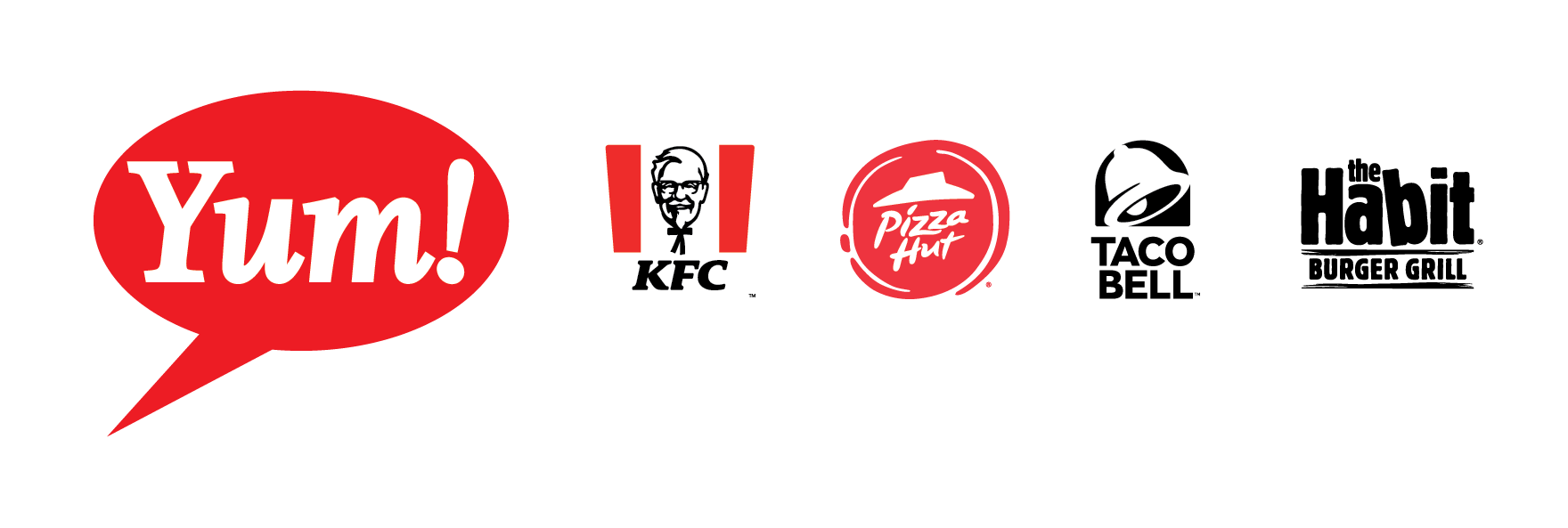Yum! Feed the World Program Raises Over $540,000 for Nicaragua Community
Yum! Global Newsroom: Community
In October 2015, Yum! adopted the community of Jinotega, Nicaragua, as part of the their new Feed the World Ambassador Program. The employee leadership program is part of the global World Hunger Relief effort to raise awareness, volunteerism and donations for the United Nations World Food Programme (WFP).
“We’re a company with a Huge Heart and it’s our privilege and responsibility to Feed the World by making a difference in global hunger,” said Greg Creed, Chief Executive Officer, Yum! Brands. “Witnessing WFP’s life-saving efforts in developing countries like Nicaragua is humbling. I’m hopeful our new employee campaign will give those less fortunate a hand up and create long-term change in communities around the world.”
Creed and a team of eight Yum! Ambassadors recently traveled to Jinotega, Nicaragua, one of the poorest countries in Latin America. Creed and the Yum! Ambassadors met with local leaders and WFP to identify how they could help several communities and schools in the Jinotega region. They also spoke with teachers and parents and prepared and served meals to children at local schools.
Upon their return from Jinotega, the Ambassadors hit the ground running planning a three month long campaign. This included rallying co-workers, leadership, board members and vendors around one cause - improving the local infrastructure for the students in Jinotega.
Yum! would like to thank the following vendors for their generous monetary contribution to the first Feed the World Campaign: Goldman Sachs, Eye Med, Xerox, Express Scripts, United Healthcare, Mayer Brown, AT&T, Abel Construction, Cognizant, Buckley Sandler, Wacthell, Lipton, Rosen, & Katz, Mission House, Scoppechio, Virgin Pulse, Mercer, Saba, PWC, Dillard’s and KPMG.
As the campaign concluded, Yum! raised over $540,000 for the Jinotega communities. All the proceeds will go to helping build pre-school classrooms and bathrooms; upgrade their school cafeterias, storage and cooking facilities; provide essential classroom items such as student desks, white boards and supplies; and install sustainable irrigation systems and school gardens, among other things. All in efforts to help Feed the World one community at a time.





